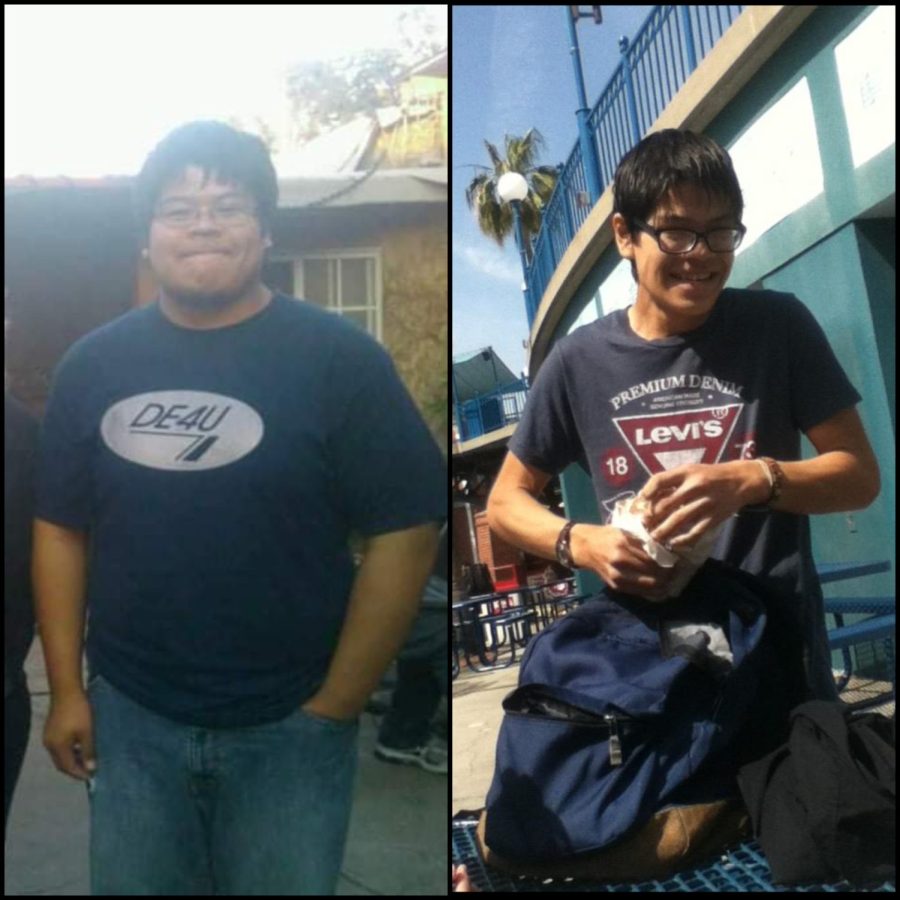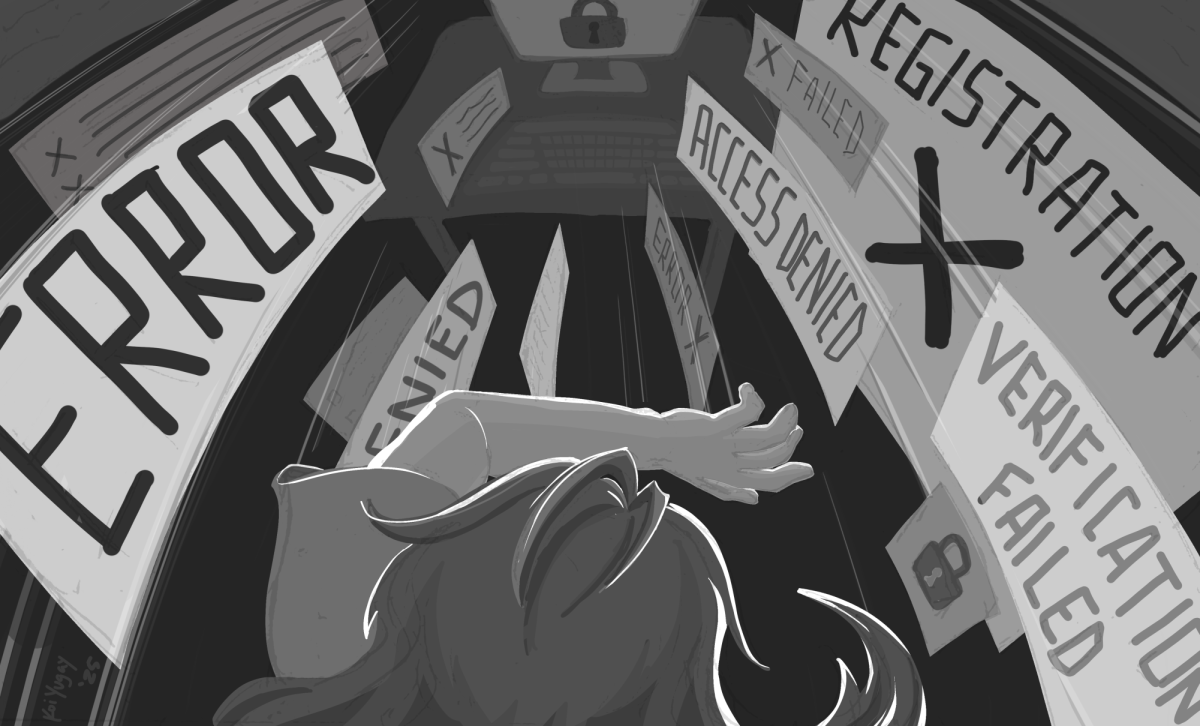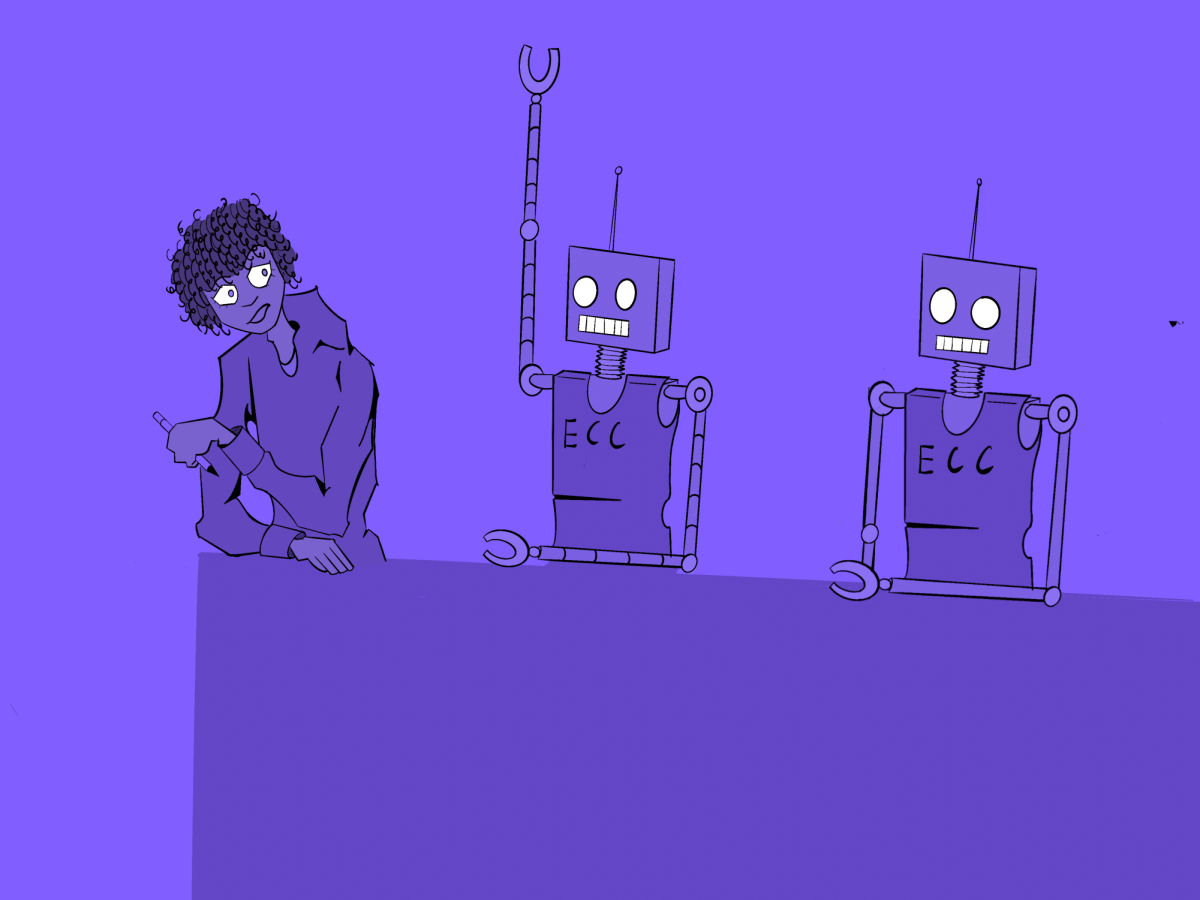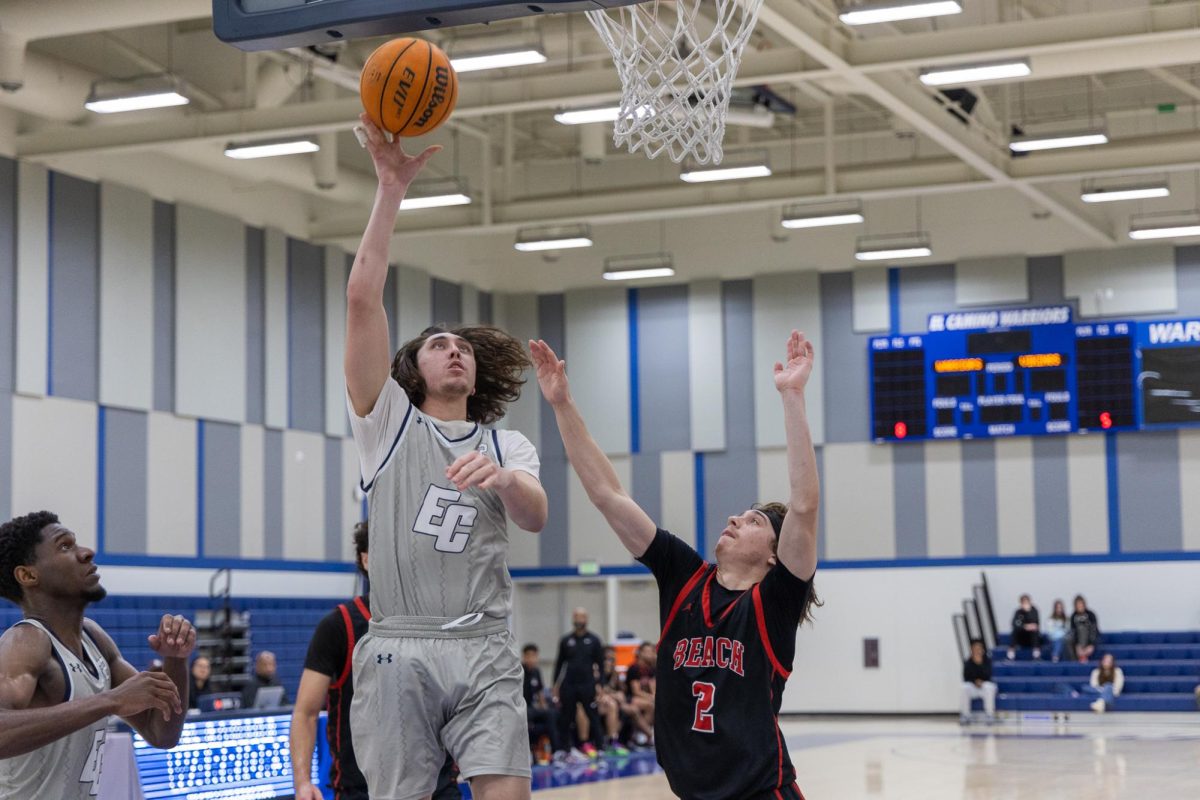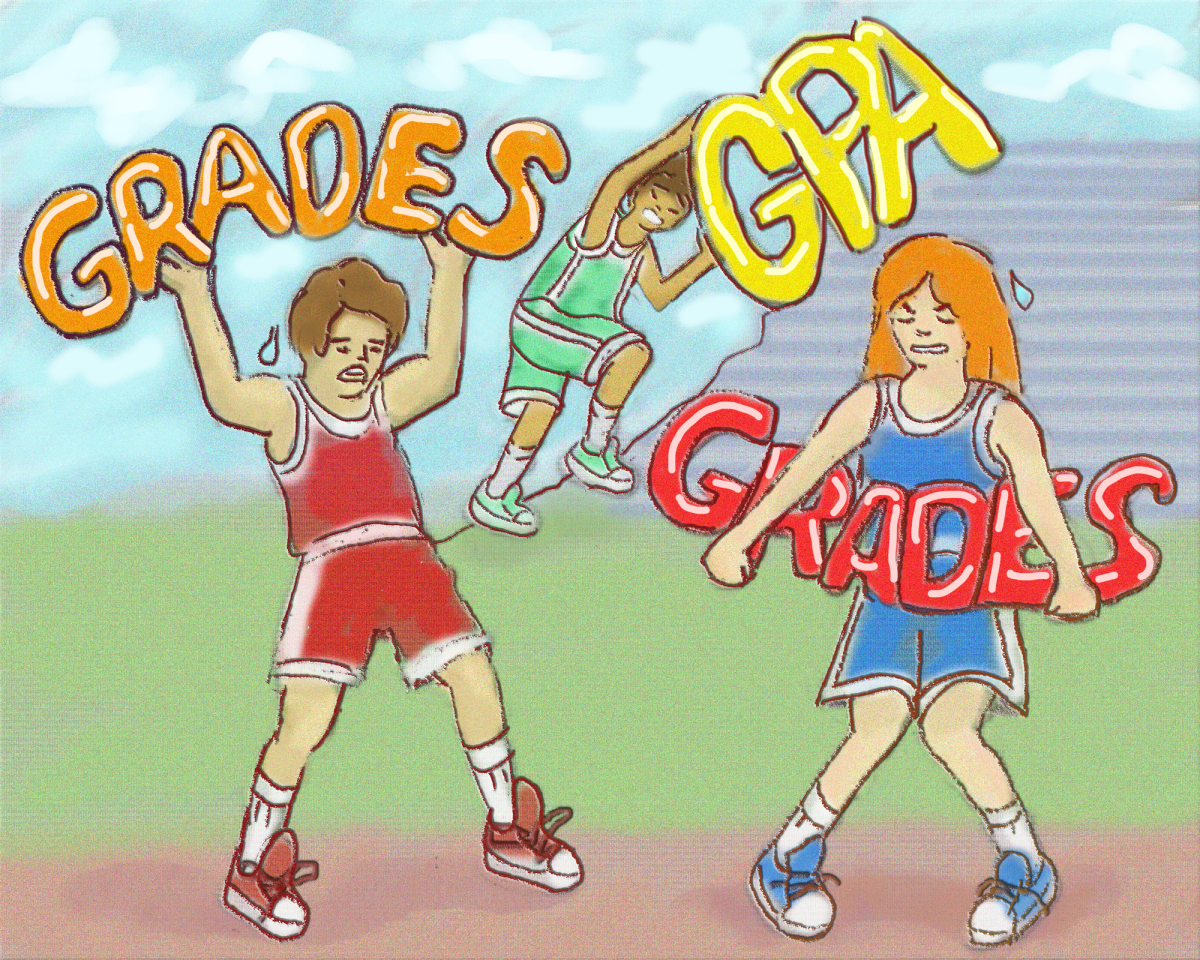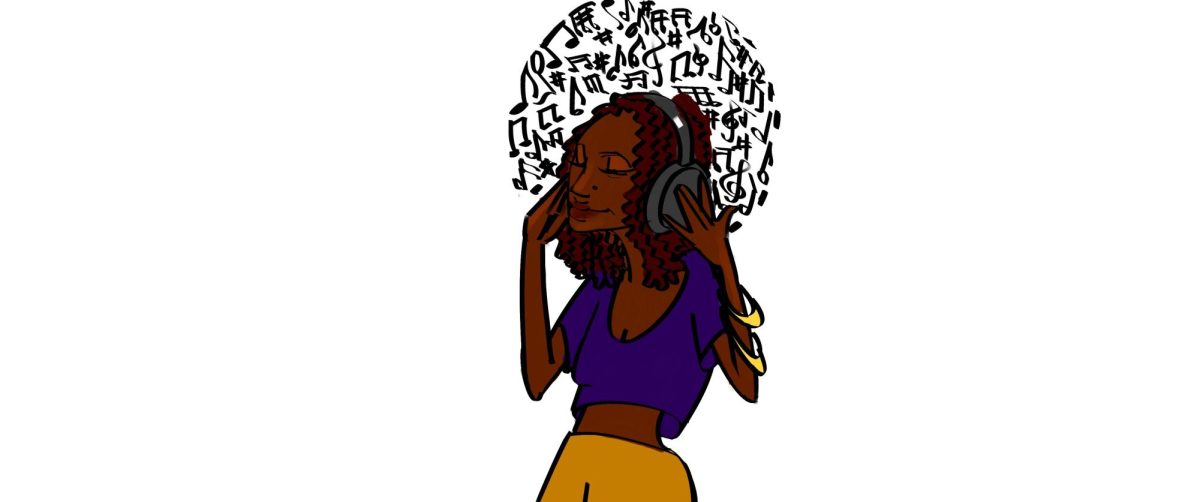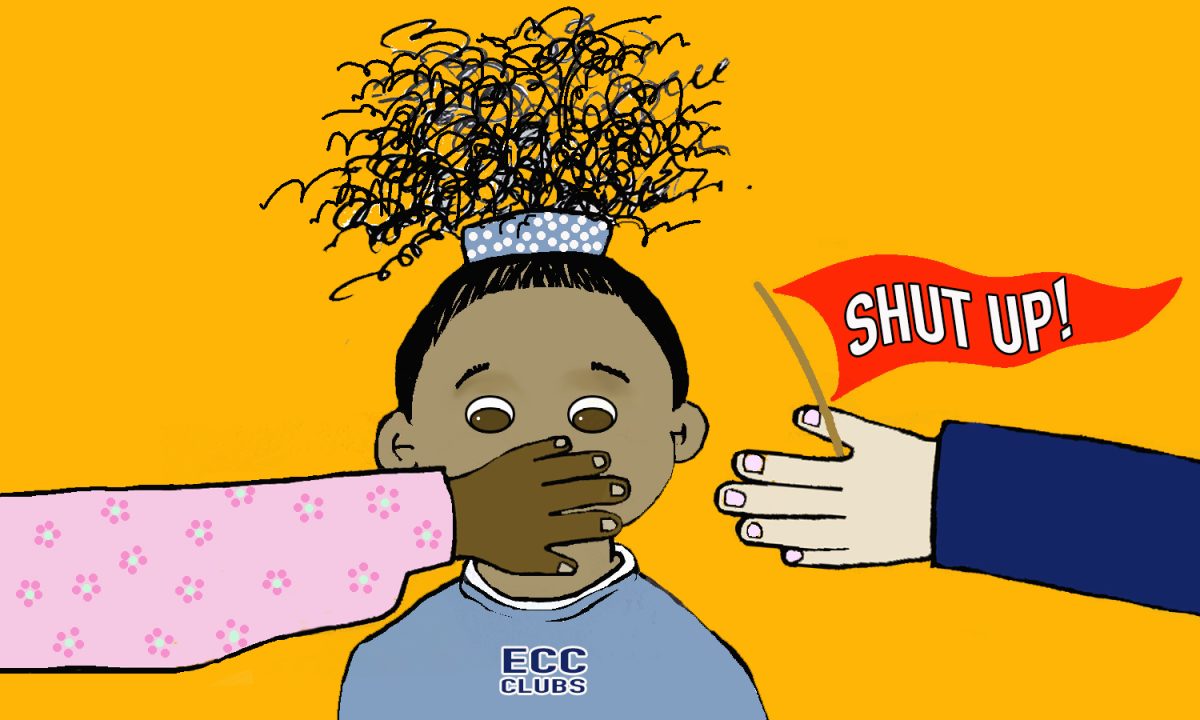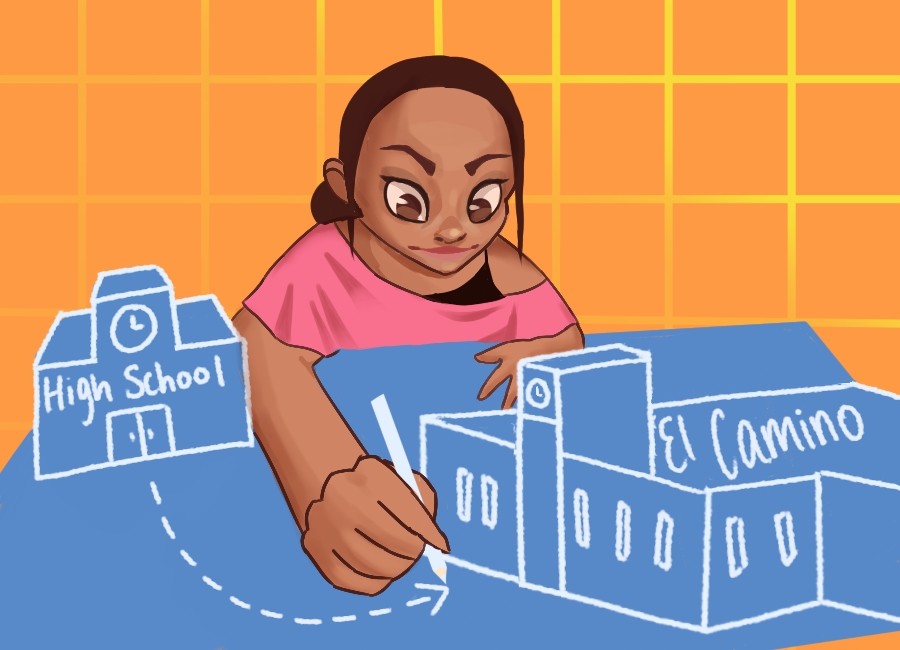When I first graduated high school in June 2011 I weighed around 285 pounds, standing 5-foot-9. Suffice it to say I was not healthy.
After suffering from bullying and self-esteem issues in middle and high school, I was tired of being the “fat kid.”
I spent the summer of 2011 in a personal boot camp; eating healthier, creating better habits and getting more exercise.
By the end of the summer, I had lost over 100 pounds; by the end of the year, I weighed around 125 pounds. In over a year I had gone from severely overweight to dangerously underweight.
During my freshman year in college, I was getting used to living life 100 pounds lighter.
I had good intentions, but I lost control.
According to the National Eating Disorders Association, people typically begin showing signs of eating disorders between 18 and 21. While that age range is not restricted, it is the norm.
One night I went out with friends who had never known I was overweight. Ending with a late dinner I ordered a diet coke, explaining I wasn’t really hungry while in reality I didn’t want to risk the extra calories.
My new friends thought that I must have been on a tight budget so they bought me a sandwich and fries. I had no choice, I said thanks and scarfed it down.
I felt awful.
At home I looked in the mirror, prodding myself. I was sure by the next day I would be able to see the physical weight added from that one meal.
Suddenly I had an idea; I had been “bad” tonight, so tomorrow I would just have to be “good.”
The next day I didn’t eat and I exercised extra hard, convinced I was making up for my mistake.
It was a downward spiral from there.
While I was never formally diagnosed, I knew I was suffering from a condition known as anorexia nervosa, a condition where people avoid or severely restrict their access to food.
At my worst, I was only eating only one meal a day and way under 1,000 calories. I exercised for hours at a time and was still convinced I could stand to lose a bit more weight.
By the time I could admit I had a problem, I felt ashamed. Men aren’t supposed to suffer from this, I thought.
I reached out for help and found comfort in an online amateur support group.
I had been anonymously talking with them for weeks but after revealing in conversation that I was male I was politely asked to no longer participate.
American Addiction Centers reports that documented eating disorders among women are 2.5 times higher as compared to men. However, the National Eating Disorders Association reports from 1999 to 2009, hospitalization of males for eating disorders increased by 53%.
Men represent about 25% of reported cases of anorexia nervosa.
Ultimately it was two women who cared enough to confront me and ask uncomfortable questions. A college coach and my partner finally got me to realize I needed help.
What helped me was acceptance, from outside sources and myself.
My journey to recovery would take a few years.
But it shouldn’t have taken that long. Men need more resources to safely talk about these issues, free from stigma and judgment.
Accepting my issues and realizing there are no shortcuts to health made a big difference, accepting my problems made them seem not so big anymore.
For individuals struggling with a similar situation, my advice is to be kind to yourselves, ask for help and realize the solutions are lifestyle-based.



